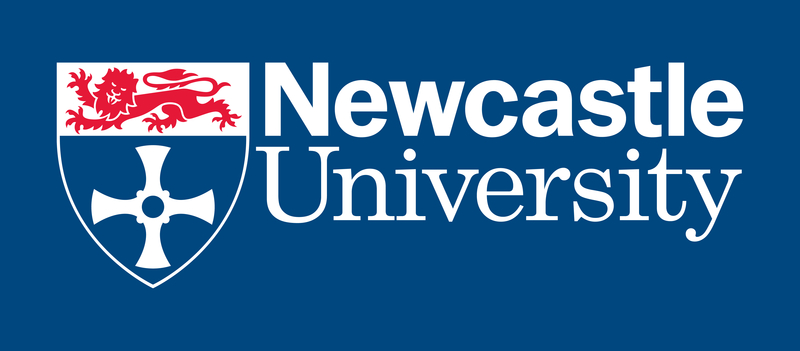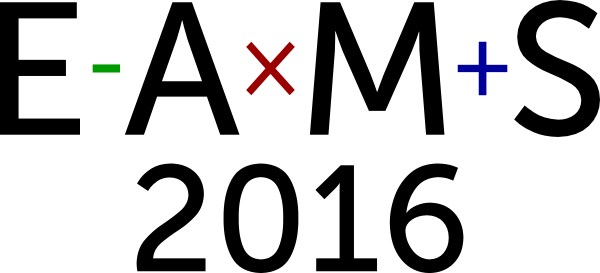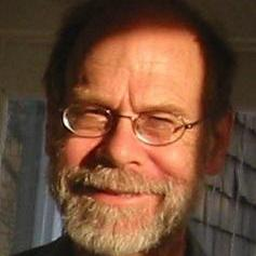Biography
Michael Gage received his B.S. from Antioch College and his Ph.D. in mathematics from Stanford University in 1978. His thesis in differential geometry was supervised by Robert Osserman. He has held visiting positions at Michigan State University, the University of Delaware, the University of Pennsylvania, Case Western Reserve University, l’Institute des Hautes Etudes Scientific (Paris) and the University of California at San Diego. He is currently a full professor at the University of Rochester.
Prof. Gage has worked on a range of problems in differential geometry, including isoperimetric inequality problems such as a proof of Gehring’s conjecture on linked spheres and eigenvalue estimates on Riemannian manifolds. Beginning in 1983 he was one of the first to study the “curve shortening” or “flow by mean curvature” problem, which lead eventually, through the work of many researchers, to the theorem that all simple closed curves which are deformed at a rate proportional to their curvature will shrink smoothly to points while becoming asymptotically circular. Since then he and his students have studied versions of the problem in Minkowski geometries, where the unit ball is an arbitrary convex set, and where the theory has applications to crystal growth and material science. Similar dynamical flows are being studied for their relevance to image enhancement.
Prof. Gage was the recipient of the MAA Seaway section Distinguished Teaching Award for 1996-97 and also received the University of Rochester’s prestigious Goergen Award for Distinguished Achievement and Artistry in Undergraduate Teaching in October 1997. Prof. Gage has been active in promoting co-curricular mathematics activities for undergraduates including being the founding faculty advisor for SUMS (Society for Undergraduate Mathematics Students).
Beginning in 1996, Prof. Gage and Prof. Arnold Pizer began development at the University of Rochester of a web-based system for checking homework and providing immediate feedback for students using the World Wide Web. Called WeBWorK, and supported by a grant from the NSF, the system is now in use at over 750 universities, colleges and high schools. It won the International Congress on Technology in Collegiate Mathematics (ICTCM) ward for excellence and innovation with the use of technology in collegiate mathematics and has been featured in MAA mini-workshop at most of the annual joint mathematics sessions since 2001. Authoring WeBWorK problems has been a favorite subject of the PREP (Professional Enhancement program) workshops sponsored by the MAA.
In 2016 Prof. Gage and Prof. Pizer received the AMS Award for Impact on the Teaching and Learning of Mathematics. They were honored for the creation and development of WeBWorK, one of the first web-based systems that assigns and grades homework problems in mathematics and science courses.


